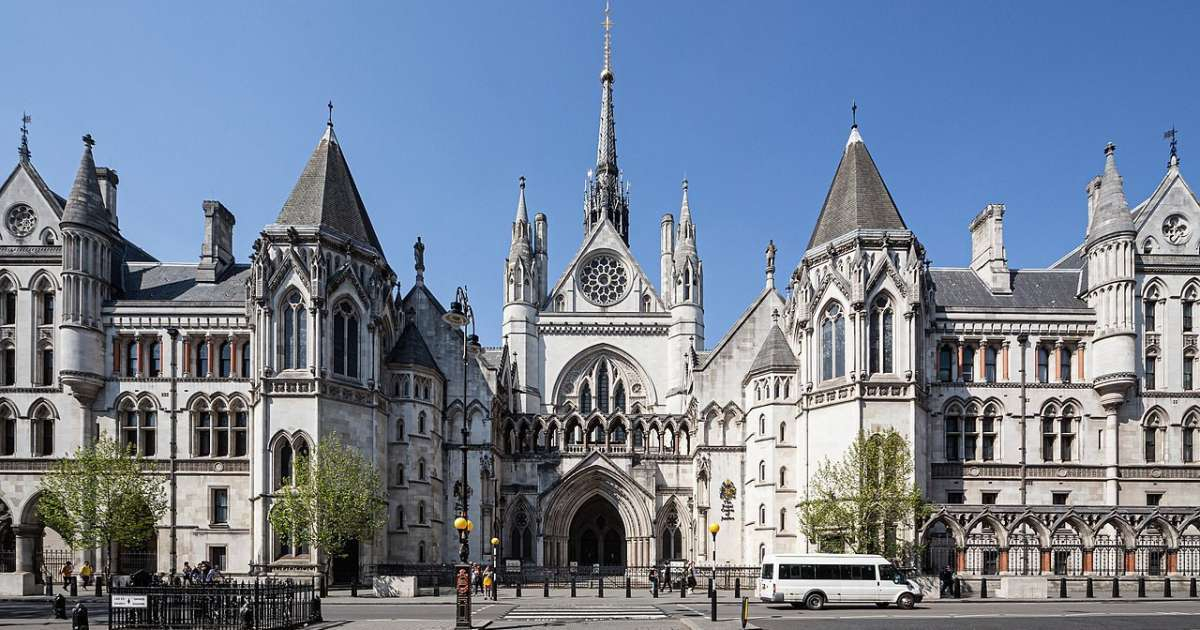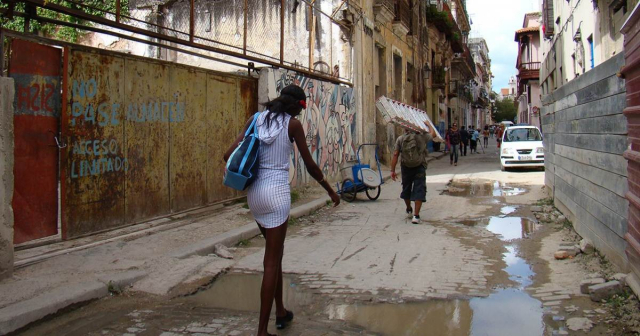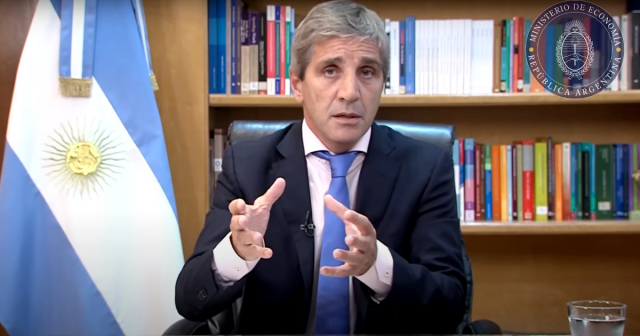
He High Court of Justice of England and Wales ruled this Tuesday that the company CRF I Limited, domiciled in the Cayman Islands, has the right to claim as legitimate the right over the debt contracted by a Cuban state bank, opening a new judicial chapter for the litigation between both parties.
In other words, the British court said it had jurisdiction over the lawsuit over the Cuban debt, although the ruling party in Havana gave it another go to claim victory.
The newspaper Granma was authorized to disinform that the Republic of Cuba won the Jurisdiction trial in London, by rejecting that the company CRF I Limited was a creditor of the Cuban State for the credited amount of almost $74.5 million dollars (72.1 million euros).
However, Cuba wanted CRF not to be a creditor of either the State or the National Bank of Cuba (BNC) and sentence recognized CRF I Limited as a creditor of the BNC, which is nothing other than one of the banks of that State. Granma It masks this result with the fact that “the process will continue only against the BNC, who will have the right to establish the claims permitted by English law.”
The judge Sara Cockerill concluded that the BNC had consented in its own name to the assignment of debt from the original creditor, the Industrial and Commercial Bank of China (ICBC), to the new creditor CRF, although without having legal capacity to consent to this assignment on behalf of the Republic of Cuba. .
Therefore, the debt was validly assigned by ICBC to CRF and the English judiciary has jurisdiction to hear the corresponding claims, since the BNC is not protected by the State Immunity Act (1978) and the conditions for notifying it of the claim have been met. of CRF, which the ruling recognized as a legitimate creditor, rejecting the accusation of “vulture fund” alleged by Cuba.
The law and the trap
Only, no matter how circumspect the English court's ruling is, CRF has to deal with a debtor bank that is as state-owned as it is bankrupt. The same fate will befall the financial or investment entities that get stuck with business opportunities in Cuba by talking with representatives of companies that hold the gummigraph or dry stamps generated by the totalitarian State.
Since February 23, 1998, Decree-Law 181 reconfigured the BNC as a state bank that does not respond to the obligations of the State or its agencies, bodies, companies and other economic entities, except in the case of expressly assuming them [Art. 1].
The other side of this legal coin is that you do not have and will not have assets in your name to pay the debt. Here lies the key to the victory song that Havana sings: with the Cuban State left out, the debt becomes uncollectible as well as unpayable.
What would come next?
The BNC could appeal the sentence to get out of CRF as legitimate creditor, but perhaps it is not worth it, both because of the solidity of the first instance ruling and because of the real impossibility of CRF being able to collect the debt after carrying out another lawsuit against the BNC to resolve the substance of the matter.
Despite everything, there is still room for astonishment. Declaring himself pleased that his company was recognized as a legitimate creditor, instead of a “vulture fund,” as the Cuban side alleged, the president of CRF, David Charters, expressed his intention to seek a mutually beneficial solution with the government of Cuba.
In this regard, he relied on a statement from the Minister of Justice, Oscar Silvera, that Cuba recognizes its debts and legitimate creditors.
What do you think?
SEE COMMENTS (3)Filed in:
opinion article: The statements and opinions expressed in this article are the exclusive responsibility of its author and do not necessarily represent the point of view of CiberCuba.






